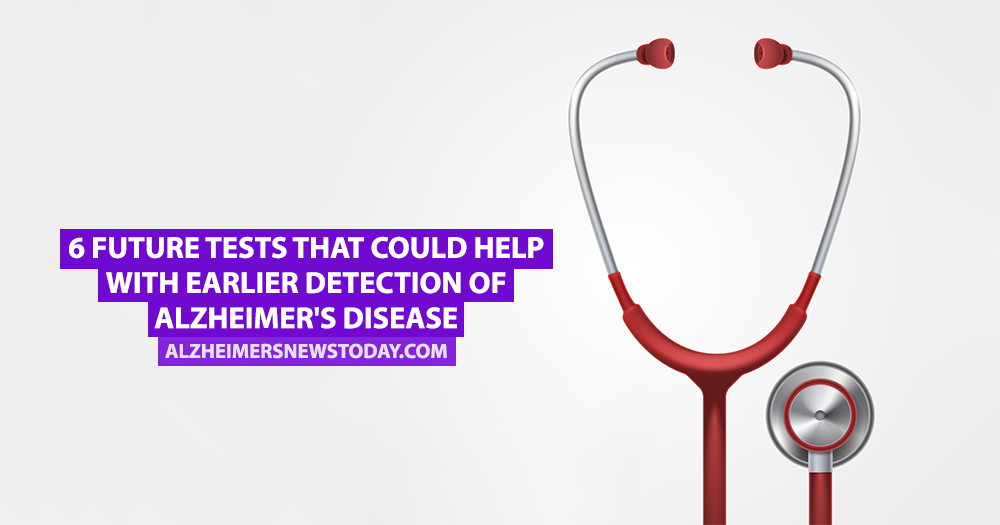6 Future Tests That Could Help With Earlier Detection of Alzheimer’s Disease
Written by |

When a person is diagnosed with Alzheimer’s disease, the condition is already fairly advanced and treatment can offer little in the way of slowing down the progression. At this point, treatment only makes the patient more comfortable.
Diagnosing Alzheimer’s disease before it becomes too advanced would allow doctors to aggressively treat the disease which would hopefully slow down its progression and preserve the patient’s quality of life. According to the Alzheimer’s Association, researchers are currently working on a variety of tests which they hope will allow earlier diagnosis of the disease and help to reverse or slow down its progression.
Biomarkers
Researchers are looking into potential biological markers (or biomarkers) for Alzheimer’s disease which could show that a person is in the very early stages of the disease or is more at risk of developing the disease. To date, there are no determined biomarkers but scientists have been studying the levels of beta-amyloid and tau in cerebrospinal fluid.
Brain Scans
Brain scans can also show the levels of these proteins along with any changes that have occurred. However, because many people have amyloid plaques in their brains (but show no symptoms of dementia or Alzheimer’s disease), it doesn’t mean that they have Alzheimer’s or are more likely to develop the disease.
MRI, PET, and CT scans can show the development of the disease and highlight areas of damage. Things that doctors could look for include size of the brain, as the brain shrinks in Alzheimer’s patients; activity, since certain areas of the brain will not be as active in a patient with Alzheimer’s; and molecular changes which might indicate that a person is developing Alzheimer’s disease.
Cerebrospinal Fluid Proteins
Testing the levels of certain proteins found in the cerebrospinal fluid (CSF) could indicate the onset of the disease. The testing would be done via a lumbar puncture (or spinal tap) and the fluid would be tested for levels of tau and beta-amyloid. So far, researchers have had difficulties in setting a standard for samples, which can vary vastly from one institution to another.
MORE: Seizure-like brain may contribute to Alzheimer’s development.
Blood Proteins
Developing a simple blood test that could easily become part of a person’s annual medical check-up could catch most cases of Alzheimer’s in the very early stages. Scientists are also working on ways to determine if higher levels of beta-amyloid exist anywhere else in the body. Clinical tests are currently underway to see if the protein is deposited on the lens of the eye.
Gene Risk Profiling
Establishing if certain genes are responsible for the onset of Alzheimer’s could lead to earlier diagnosis of the disease. There have been three genes with rare variations that researchers have associated with Alzheimer’s disease, however, the presence of these genes does not mean a person will go on to develop the disease.
Mild Cognitive Impairment
Many people who suffer from mild cognitive impairment will go on to develop Alzheimer’s disease. Although the cognitive impairment will be noticeable to them and those around them, it’s unlikely it will be severe enough to disrupt their daily life so they won’t meet the diagnosis criteria for dementia.
Researchers are studying various aspects of mild cognitive impairment, including other biological changes associated with it, reliable tests to accurately detect changes in memory and other functions, and a standard definition of mild cognitive impairment.
MORE: What is dementia with Lewy bodies?
Alzheimer’s News Today is strictly a news and information website about the disease. It does not provide medical advice, diagnosis or treatment. This content is not intended to be a substitute for professional medical advice, diagnosis, or treatment. Always seek the advice of your physician or another qualified health provider with any questions you may have regarding a medical condition. Never disregard professional medical advice or delay in seeking it because of something you have read on this website.





